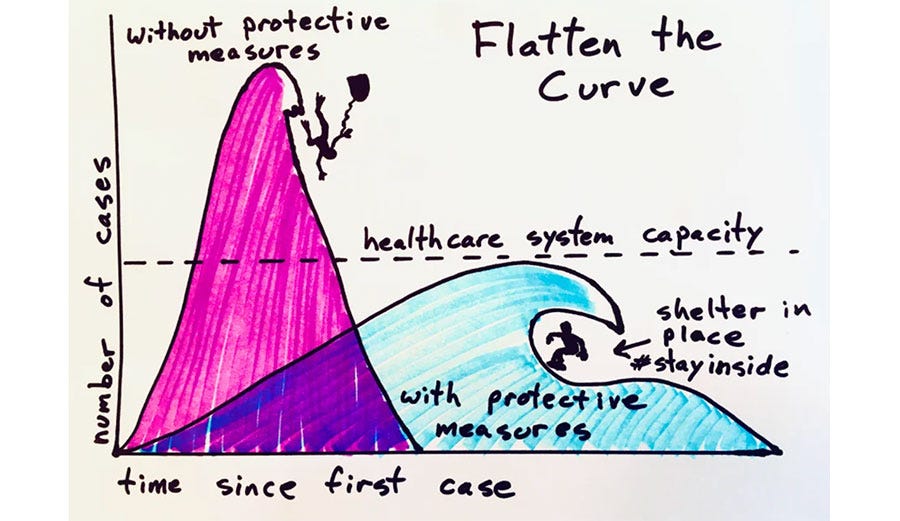Talking about mental health can be uncomfortable. It's itchy and private and can make us feel weird when it comes up in conversation. Sometimes we only share it with those who are close enough to us that we feel they won't judge. We will openly talk about our diabetes or high blood pressure, but we clam up when mental health issues start to float into our conversations. Why is that?
In reality, there's lots of us walking around who are trying to manage our mental health. According to the American Psychiatric Association, 20% of us are impacted by it. Ya'll, that's one out of every five people. Put yourself in a room with 10 people, and at least one other person is in your shoes. Imagine a room of 100 people: now you have 19 other friends feeling like you. You are not alone with this. Depending on which population statistic you use, you are actually in the company of about 63,125,500 other Americans. Yeah, very much not alone even though it can feel that way.
I've always been a person full of fears since I was a small child. Maybe I came wired this way or maybe I heard things as a small child that fed my normal, healthy fears until they became fears on steroids. Maybe it was a combination of both. Who knows. On some plane it's important; on another, maybe it's not. Either way, that tendency coupled with some really crappy, traumatic life experiences morphed into a blazing case of Generalized Anxiety Disorder.
Generally speaking (see what I did there?!), GAD is random worrying about everything for no damn reason. It's wondering what would happen if you have a heart attack while you're driving. It's thinking you might be allergic to a new food, so you avoid it. It's not going to concerts because the balcony might fall. It's questioning every word you said in a conversation. Sometimes you don't even know why it creeps up like some damn ear worm singing crappy polka music at 2am.
It's different for all of us because no one has the same wiring or the same life experiences. It stands to reason that treatment would vary as well. For some, medication is the key; for others, therapy is bliss. It might be a combo of both. Therapy has been a lifesaver for me. It took some trial and error, and it was hard to push through and keep it up sometimes. Some days it lifts me and other days it drains me. I cry some visits and some I just chill. I'm always better when I leave, though, and each visit makes me a little happier. I don't know that I'll ever stop because it's just what helps me.
Taking care of our mental health is more than a spa day or a mani/pedi. Those are great parts, but it's okay to need more. You absolutely are not weak or broken for taking care of this part of your body. If we don't take care of our mental health, it eventually affects our physical health, so it's just as important (or maybe more important than) our annual physical with the doctor. Take the time to just sit with yourself and think through how you are feeling emotionally and psychologically. Think about if you're okay with how you're feeling and if you like what you "see" there. Hopefully you're ecstatic with what you come up with, but it's okay to decide you want to make some changes or look for improvement. That's what taking care of our mental health looks like. Sometimes we can do that on our own, but sometimes we need a helper to make those changes.
Above all, be kind to yourself. The world is hard enough as it is right now without us beating ourselves even more. It's okay to reach out. Matter of fact, I think it's a sign of true strength when someone says, "Hey, I need some help right now." We all need a helping hand somewhere along the way.
On this World Mental Health Day 2020, let's start normalizing mental health conversations and care. Let's make it less cringy to reach out for help. Let's shift the stereotype so no one has to suffer alone. Sending each of you love and joy.


